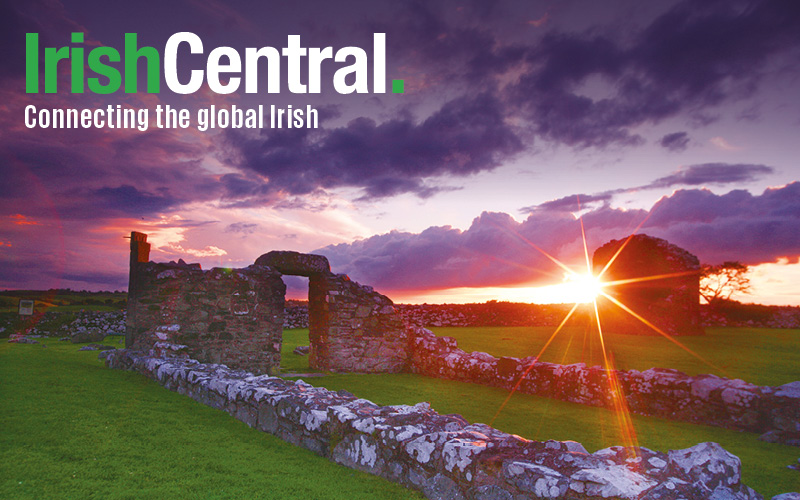The sainthood cause for Father Edward Flanagan, the Irish-born founder of Boys Town, has now moved across the Atlantic to the Vatican.
In a historic event on June 18, 800 people were in attendance as Father Flanagan’s case came to the end of its time in the Archdiocese of Omaha and progressed to the next step in the canonization process, the phase in Rome.
During morning Mass at St. Cecilia Cathedral in Omaha, main celebrant Archbishop George J. Lucas held a special ceremony in which the 4,600 pages of the archdiocese’s three-year investigation were sealed up in four boxes ready to send to Rome.
In his homily, Archbishop Lucas stated that many people, such as the Fr. Flanagan League Society of Devotion, had worked "diligently and respectfully over several years" to see Fr. Flanagan’s case get this far.
"The results of all this good work is wrapped up in these boxes," he continued.
Although unable to state exactly what the investigation had discovered about Fr. Flanagan, Archbishop Lucas did say, "We wouldn't go to all of this trouble if it wasn't very good."
Father Flanagan was born in Co. Roscommon in 1886 and lived and worked as a priest in Omaha, NE. During his time there, he founded Boys Town, a place that offered education and a safe home to poor and wayward boys from the Omaha area.
He started out with just five boys in his first home, but the mission to help the boys in the area grew quickly. He was forced to establish a school program and construct five buildings on the previous grounds of Overlook Farm to establish the incorporated Village of Boys Town.
The home earned itself so much respect and fame for its good work that it became the subject of the 1938 movie “Boys Town” starring Spencer Tracey and Mickey Rooney.
Fr. Flanagan became a national hero and is described as “the world’s most foremost expert on boys’ training and youth care.”
He was also a lone voice in warning of the abuse within Ireland’s industrial schools throughout the 1940s, describing the schools as “a scandal, un-Christlike, and wrong.” He faced much criticism from the government and the Catholic Church at the time for his comments.
At the ceremony on June 18, however, Archbishop Lucas stressed that the quest for sainthood was about more than promoting Boys Town and its founder but “trying to discover what God has accomplished in this holy priest, who allowed God to use him as his instrument."
He continued to say that Fr. Flanagan "put a face on the precepts of the Gospel" in the way that he cared for the children in Boys Town and established a system of care that is still evolving to care for today’s youth.
The findings of the investigation will now be sent to the Congregation for Saints' Causes at the Vatican. If they find that the results of the investigation are acceptable, Fr. Flanagan will be declared “venerable,” meaning that he has achieved a certain degree of sanctity but has not been fully beatified or canonized.
Following this, two approved miracles will be required before Fr. Flanagan can achieve beatification and canonization.
The success of the campaign for Fr. Flanagan, which began in March 2012, is the culmination of three year’s work in collecting documents related to his life and ministry and testimonies from many witnesses. This is the first time that a member of the Archdiocese of Omaha has advanced towards possible beatification and canonization and a once in a lifetime event for the 800 people in attendance.
The main celebrant, Archbishop George J. Lucas, was joined by two Irish priests, Bishop Kevin Doran of the Elphin diocese in northern Connacht, Father Flanagan's native diocese; and Father Patrick O'Toole, the pastor of the parish in which Father Flanagan grew up in Ballymoe in Co. Roscommon.
Many residents of Boys Town were also in attendance, filling up two pews near the front of the Cathedral. They were acknowledged during the ceremony with the Archbishop commenting that "I'm afraid Father Flanagan would have put the brakes on this whole thing if I hadn't recognized them.”
Members of Fr. Flanagan’s family stated that they were "honored and blessed" by the large numbers who turned out for “the great celebration.”




Comments